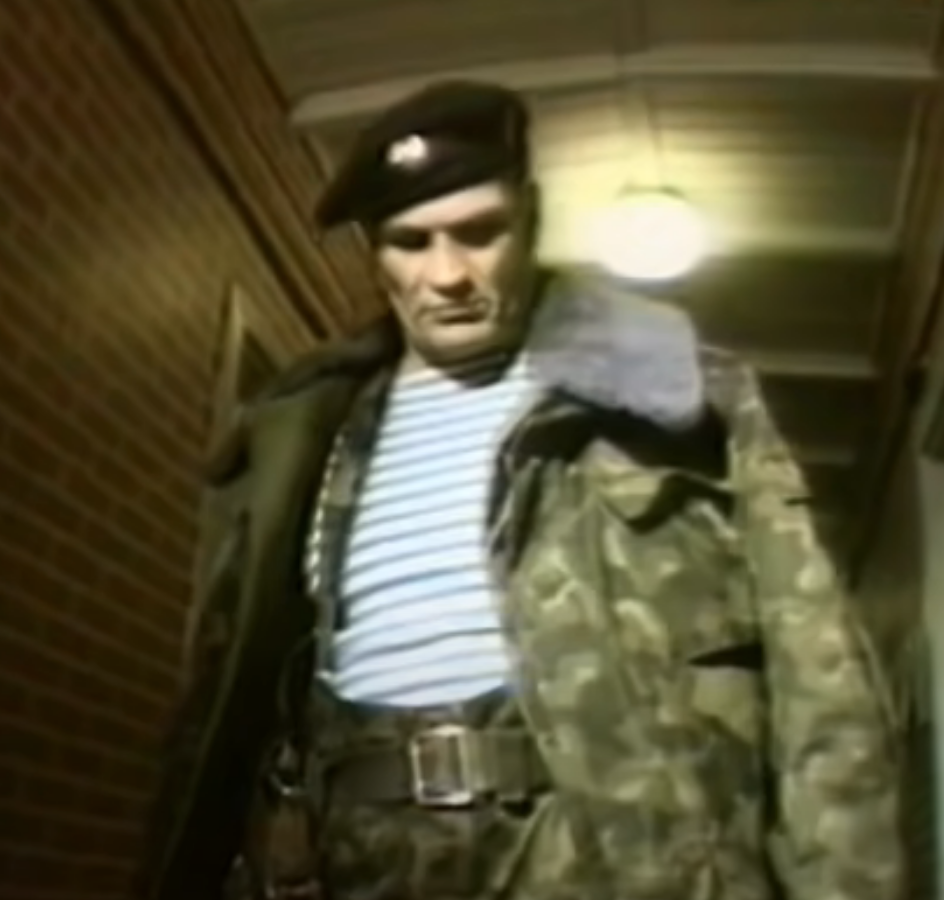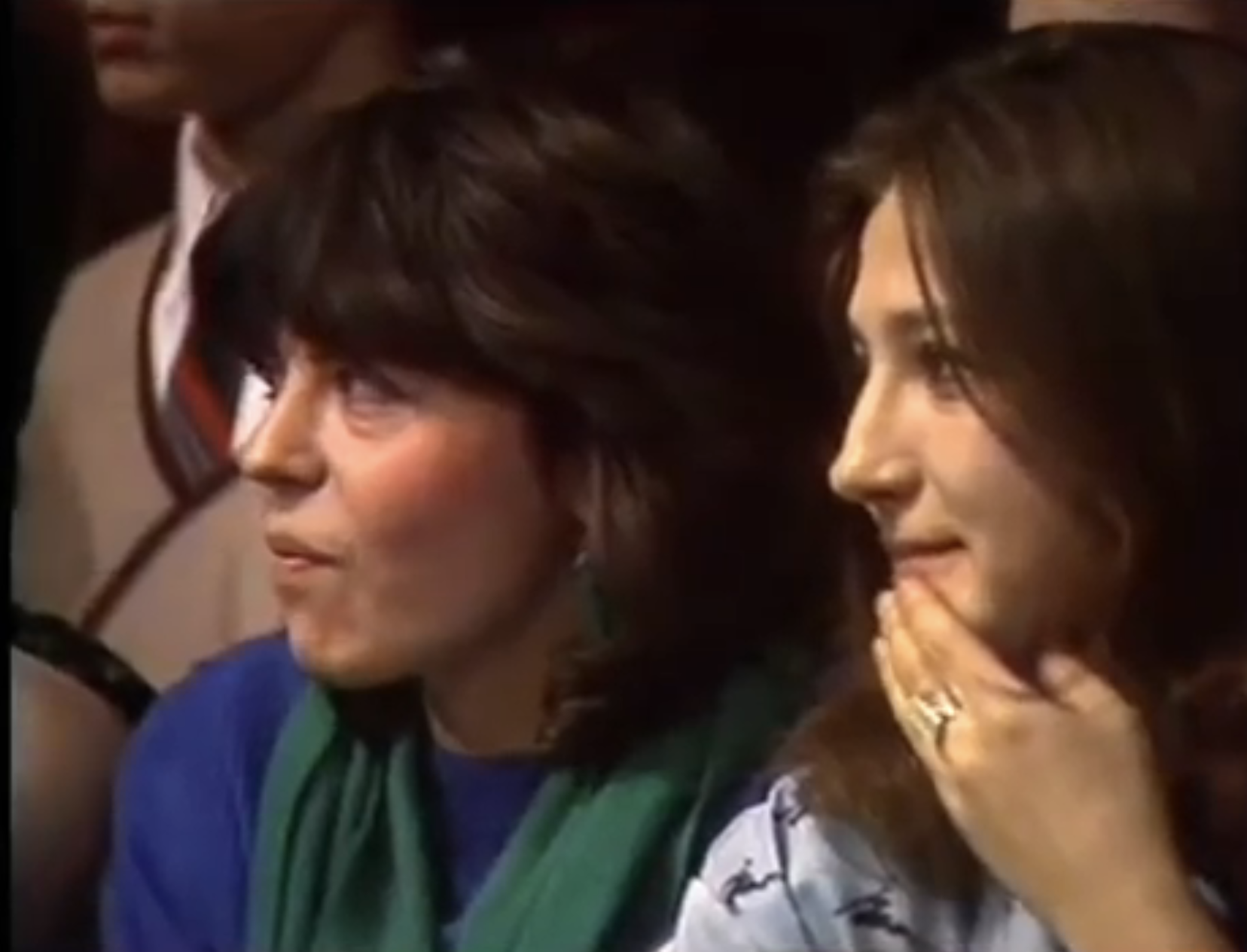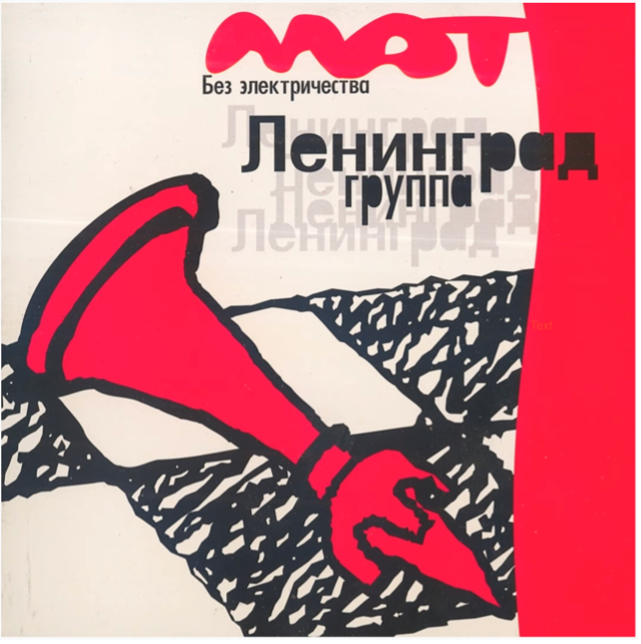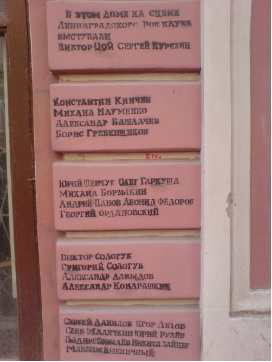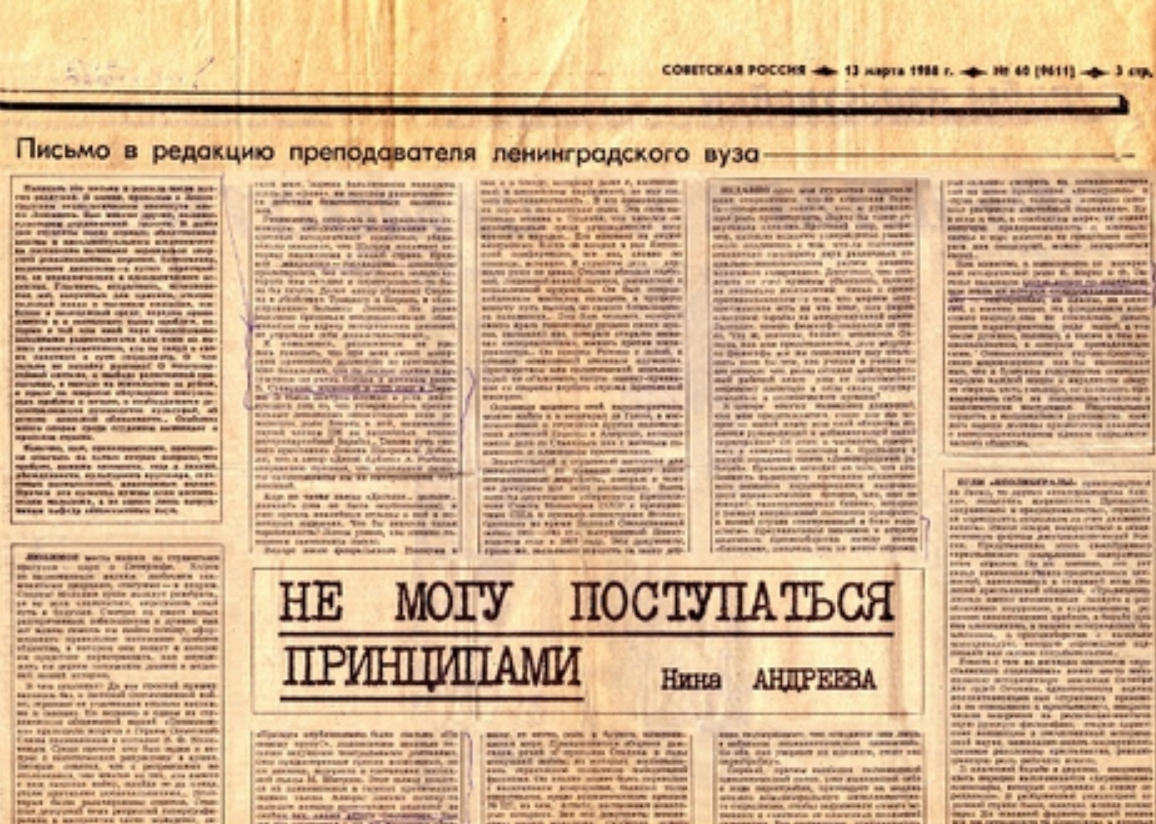Search Results
Search Terms
Results: Displaying Artifact 7 - 12 of 16 in total
Text Containing:
Page: 2
Thematic Tags: Leningrad
"Our boys" fight against “fascist” Baltic independence
"Nashi [Our Boys]," journalist Alexander Nevzorov's propagandistic documentary about the Latvian and Lithuanian divisions of the Soviet OMON (special forces), who fought local independence movements in early 1991.
Manager Board Game 1st edition
A square, indigo board game similar to Monopoly, but reading "Manager". Manager, which became the most successful Monopoly-like made in the former Soviet Union, initially presented itself as scientific and rational in its promise of capitalist success.
View Artifact
“Musical Ring” with guest star Sergei Kuryokhin, 1987
This 1987 episode of Musical Ring captures late-Soviet television's attempt to integrate avant-garde musician and professional trickster Sergei Kuryokhin (1954-1996) into mainstream discourse, simultaneously showcasing the program's role in legitimizing experimental music during perestroika.
Leningrad’s “Profanity without Electricity,” 1999
The album cover, plus audio excerpts, from the 1999 album Profanity without Electricity (Mat bez elektrichestva) by the band Leningrad.
Leningrad Rock Club at 13 Rubinshteyna Street, Leningrad/ St Petersburg.
This St. Petersburg graffiti wall, which commemorated the Leningrad Rock Club, survived for two decades until its 2010 erasure by the building’s new owners.
Nina Andreeva’s “I Cannot Forsake My Principles”
Published in the 13 March 1988 issue of the daily newspaper “Sovetskaia Rossiia” (Soviet Russia), this letter by chemistry lecturer and Stalinist apologist Nina Andreeva (1938-2020) sparked tens of thousands of public responses, revealing that conservative currents in the Communist Party and beyond now faced strong resistance from a glasnost-empowered public.
